Gen Z to Lead Nairobi Saba Saba Protests Demanding Ruto’s Resignation
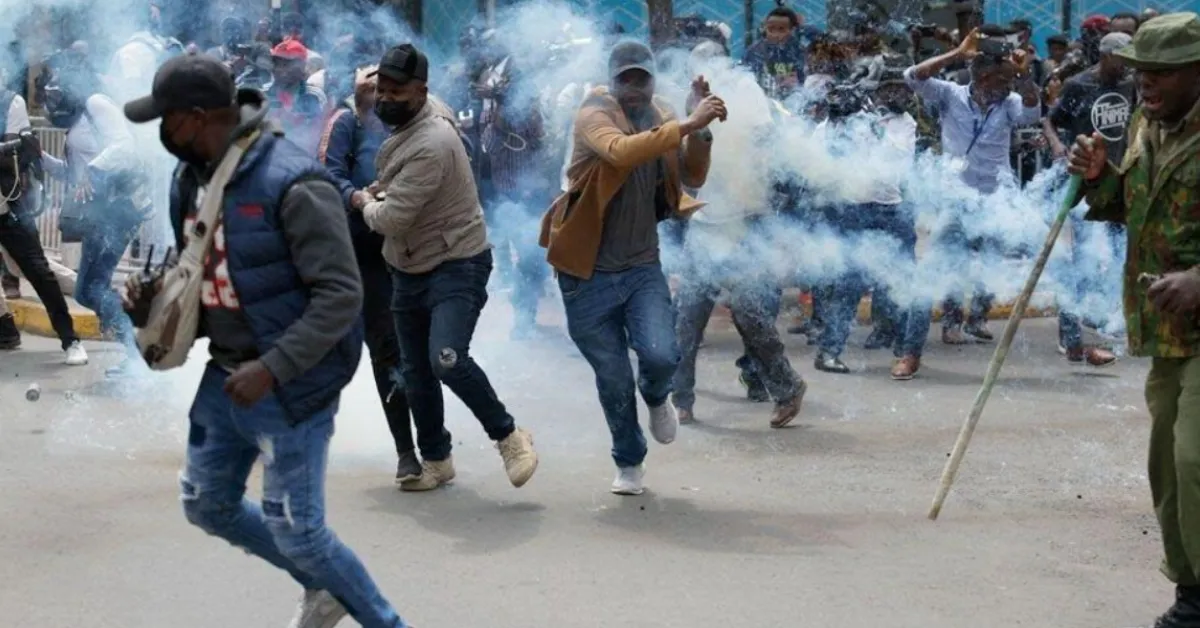
Anticipated protests on 7 July, coinciding with Saba Saba Day, are set to test President William Ruto's government as the youth-led Gen Z movement intensifies its demands for systemic reform and accountability.
These demonstrations, marking a year since the initial anti-Finance Bill protests, represent a significant challenge to conventional political structures in Kenya.
The Gen Z movement, distinguished by its digital organisation and lack of centralised leadership, originated in opposition to the Finance Bill 2024. However, it has since broadened its scope to address fundamental issues of governance, economic disparity, and alleged police brutality.
This evolution signals a deeper crisis for the Kenya Kwanza government, as the youth reject traditional political engagement in favour of decentralised activism.
Unlike past protest movements aligned with established opposition parties, the Gen Z movement operates independently of conventional political figures and electoral cycles. Their focus centres on addressing systemic failures rather than seeking immediate electoral gains.
The movement's scepticism toward institutional engagement is evidenced by their rejection of government-proposed dialogue forums, including the National Multi-Sectoral Forum. In July 2024, President Ruto attempted to mitigate unrest by rejecting the Finance Bill and reshuffling his Cabinet, incorporating allies of ODM leader Raila Odinga. Although initially perceived as conciliatory, these measures were dismissed by the youth as superficial, failing to address underlying grievances.
The government's credibility was further eroded when promises, such as reducing the number of presidential advisors and banning 'harambees' (fundraising events), were subsequently reversed. The youth have effectively used social media platforms to document and disseminate instances of broken promises, holding the government to account and transforming protest into a sustained digital resistance campaign. The phrase "Ruto Must Go" has become a prominent rallying cry, symbolising a demand for fundamental political change.
Efforts to initiate dialogue have been repeatedly impeded, with Gen Z activists insisting on tangible reforms as a prerequisite for engagement. The movement's decentralised structure complicates negotiations, as identifying representatives risks undermining its core ethos. According to political analysts, formal recognition of the movement could legitimise its demands and highlight the administration's failure to address them.
Professor David Monda, a US-based political analyst, observes, "Ruto is faced with a horrible dilemma. Dialogue would acknowledge the legitimacy of Gen Z's grievances, but it also risks emboldening them to demand more. The ultimate responsibility lies with State House, and Ruto is not prepared to resign."
In response, the government has adopted a hardline approach. Security forces have deployed tear gas, conducted arrests, and allegedly used live ammunition against protesters. President Ruto's recent challenge to protesters to present a constitutional mechanism for his removal highlights his frustration with the movement's perceived lack of concrete demands.
"If it is Ruto Must Go, tell me how you want me to go," he said, urging critics to propose a viable alternative plan.
President Ruto's absence from Nairobi during the June 25 anniversary, attending a funeral in Kilifi with Raila Odinga instead, was widely interpreted as symbolic of his detachment from the ongoing crisis. Critics argue that such actions reinforce perceptions of a government out of touch with the concerns of young Kenyans.
Kitui Senator Enoch Wambua criticised Ruto's governance style, accusing him of attempting to appease various factions while disregarding public sentiment.
"He wants to please his lieutenants even when the masses want them out," Wambua noted, highlighting the perceived contradiction between the President's rhetoric and political actions.
In an effort to regain support from the youth, the government has launched the National Youth Opportunity Towards Advancement (NYOTA) project, a Sh20 billion initiative funded by the World Bank. This programme aims to create employment, promote savings, and enhance income generation among vulnerable youth across all 47 counties.
While NYOTA represents a substantial investment in youth empowerment, its timing has raised scepticism. Critics suggest the project is strategically timed to influence the youth vote ahead of the 2027 elections, rather than reflecting genuine reform. The government faces the challenge of convincing a politically aware generation that such programmes are not merely transactional. Javas Bigambo, a governance expert, suggests the administration must adopt evidence-based communication and implement reforms in policing and economic policy to restore trust.
"Gen Z is opposed to any sit-down or dialogue," he notes. "They demand transparency, not rhetoric."
The upcoming Saba Saba Day demonstrations hold historical significance, commemorating the 1990 protests that catalysed Kenya's transition to multiparty democracy. By associating their movement with this legacy, Gen Z activists are positioning themselves within a continuum of civic resistance. Church leaders and civil society organisations have called for restraint from security agencies, cautioning against the use of excessive force. The National Council of Churches of Kenya has condemned recent shoot-on-sight orders and urged the government to uphold constitutional rights.



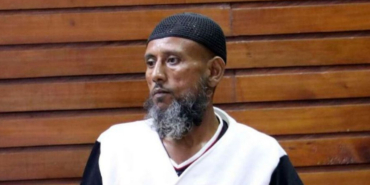
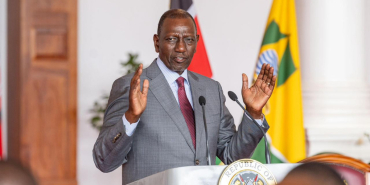


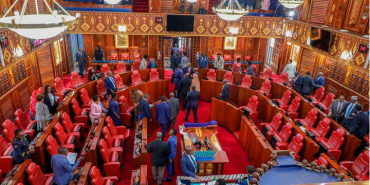

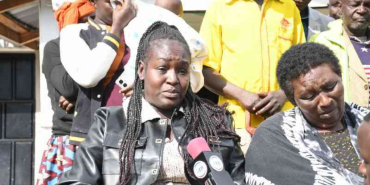




Add new comment